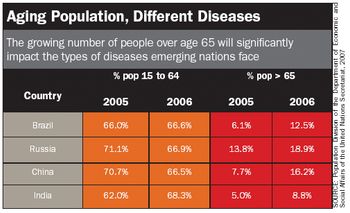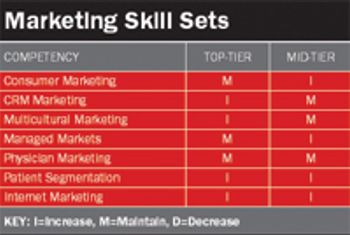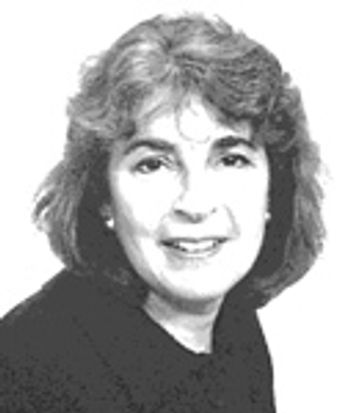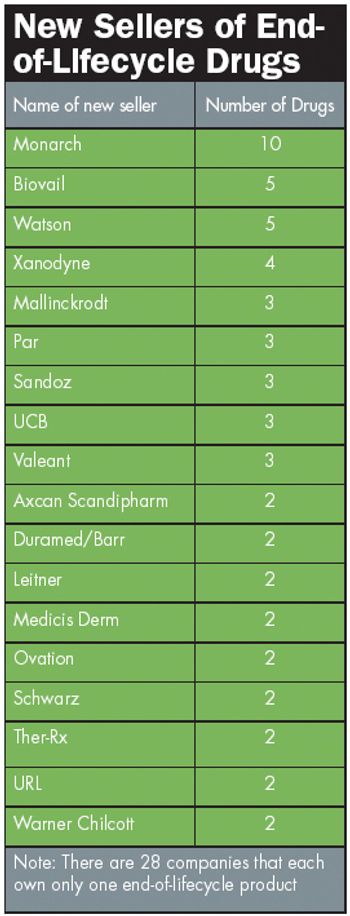
Pharmaceutical Executive
A landmark court case in the United Kingdom has left Alzheimer's patients with mild to moderate disease unable to receive any of the three drugs that might help them-Aricept (donepezil), Reminyl (galantamine), and Exelon (rivastigmine). Eisai and Pfizer, which make and market Aricept, had challenged the ruling made last year by the National Institute for Clinical Excellence that the drugs should be prescribed only to patients in the later stages of the disease. They were granted a judicial review-the first time one of NICE's decisions had been challenged in this way-and while the judge upheld one part of the challenge, the other two parts were dismissed and NICE's guidance stands.











